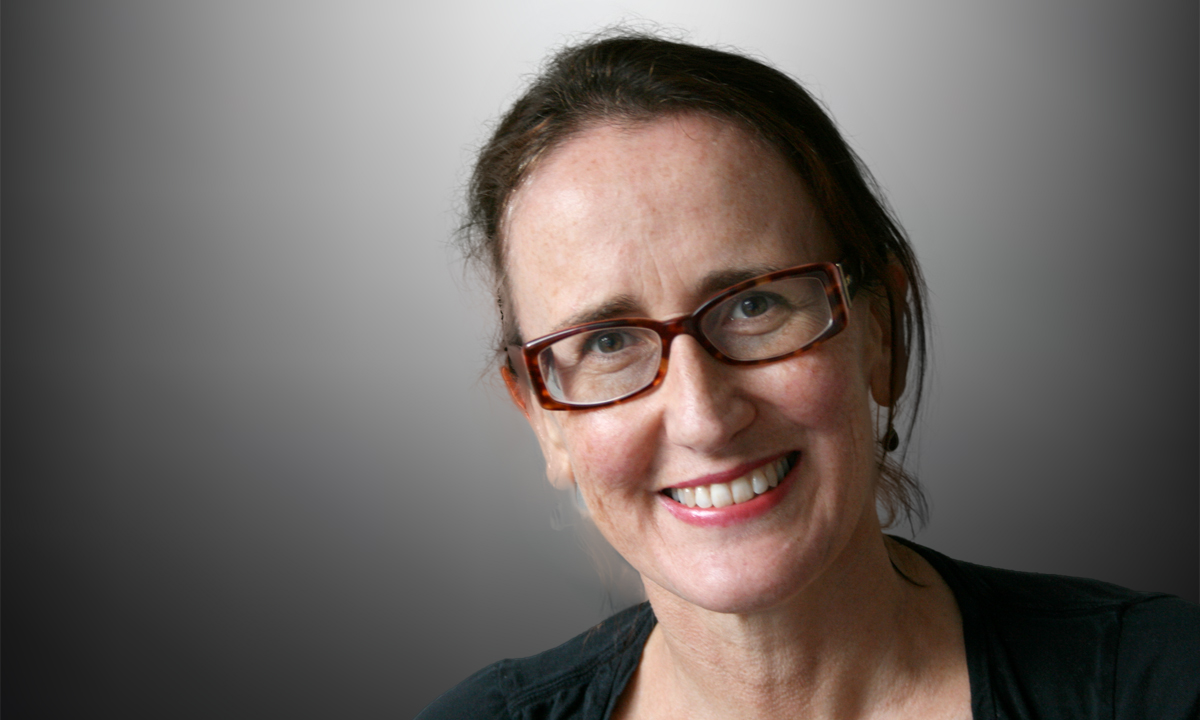A YEAR or so ago, I participated in a government consultation process designed to improve patient outcomes by bringing the arts into the health system.
Will you also be looking at aged care? I asked during one session.
It seemed like a sensible question at the time, but a participant who worked in theatre challenged me.
“Why do we always think programs like this are only for children or old people?” she asked.
“Oh,” I said, taking her point. “Yes, we see them both as passive recipients of whatever we want to give them …”
I’m not suggesting professionals working in this area would fall into the same trap I did, but I suspect many of us would think differently about the ways you might provide arts activities to a 35-year-old with a skiing injury compared with an elderly person in a nursing home.
Too often, when we think about “issues” related to the rapidly increasing population of elderly people, our focus is on what we will do about them, or to them, or for them, rather than on what they might want to do themselves.
Some time ago, I wrote about the right of elderly people in nursing homes to maintain or initiate sexual relationships.
The response from readers included the dismissive – “This is nonsense” – and the appalled.
“Give the demented elderly people dignity instead of sex because they have had enough of it,” one comment read.
Really? This is certainly a complex and challenging area, but the desire for the elderly to be “dignified” seems more about our needs than theirs.
And how can any of us assume the right to tell another adult they have “had enough” of an activity they might value, whether that’s making out or macramé.
South African bioethicist Dr Christopher Wareham believes we need to come up with an ethics of ageing that places the elderly person at the centre.
Too often, ethical discussions in this area see ageing people “as objects of ethical dilemmas and policy rather than as central – the subjects or agents of ethical discourse”, he writes in the Journal of Medical Ethics.
It tends to be all about how the rest of us deal with the “problematic elderly”, rather than the dilemmas of the ageing persons themselves.
Wareham wants to set a more positive agenda for ageing ethics, moving beyond assumptions that it’s all negative and depressing, “with a narrow focus on issues concerning health-care costs, end-of-life decisions, and increasing decrepitude and dementia”.
From one perspective, we are of course all ageing people from the moment we are born, and most of us would hope one day to be elderly (it’s got to be better than the alternative).
So, it’s in our interest to establish a better ethical framework around ageing, which means it’s worth asking what issues such an approach might grapple with.
Wareham has quite a few suggestions, ranging from the ethics of having children late in life to the use of robots in aged care.
He’d like to see us question justifications for various kinds of discrimination against the elderly, such as compulsory retirement or a “fair innings” approach to health care allocation.
“Such discrimination would be entirely unacceptable against other racial, cultural or gender groups,” he writes.
But he also asks whether it might sometimes be morally obligatory for an older person to refuse a treatment so that a younger person could have it.
Perhaps most importantly, he raises questions about the ethical implications of emerging technologies designed to slow or even prevent ageing. Should we all have the right to access these offerings, as we would other health treatments, he asks.
“Are such technologies fair in a world already divided by massive inequalities in healthy lifespan within and between nations, particularly given the burgeoning and perhaps already unsustainable population of the planet?”
Ethical questions don’t get much bigger than that.
Jane McCredie is a Sydney-based health and science writer.
To find a doctor, or a job, to use GP Desktop and Doctors Health, book and track your CPD, and buy textbooks and guidelines, visit doctorportal.

 more_vert
more_vert
A more dignified way of talking about older people (even those that live in nursing homes) is to avoid the use of the term elderly- it is a negative terms in and of itself. Perhaps if we shift our language (and therefore the way we present or think about our older population- 93% of whom live in the community) , community attitudes may change for the positive toward our older populations.